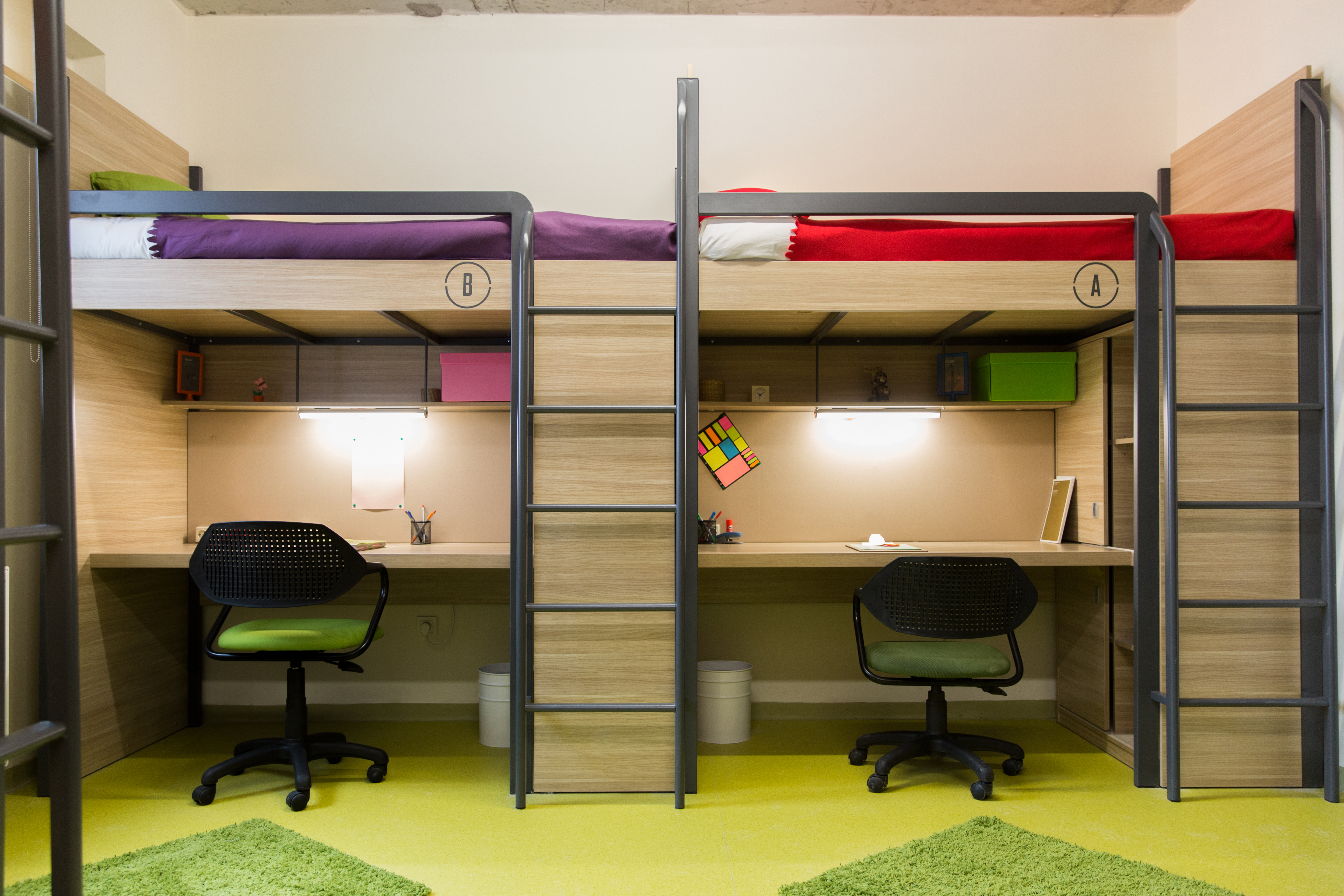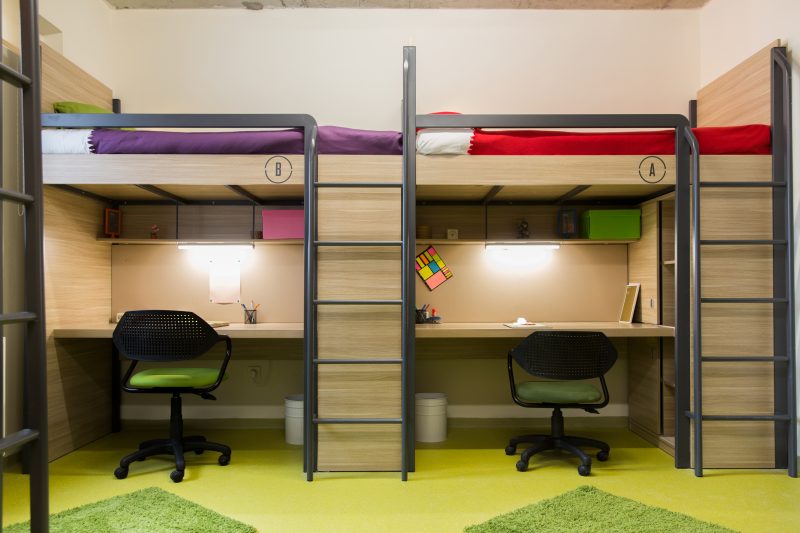The boarding school experience prepares children for the real world


The topic of boarding schools is undoubtedly one of contention. However, there is a great deal of misconception about the practice of shipping a child off to a private boarding institution.
What is it about boarding schools that breeds so much strife?
If boarding schools are so bad, why are students still being sent there?
If these residential private institutions are so good, why is the opposition twice the size of the White House?
The common school of thought is that boarding schools exist to shoulder the burden of troubled students, parents who are too busy to raise their children and students who only want a life of academia and nothing else.
I, however, believe this to be an uninformed response. We must first understand an underlining principle in society: not everything that works for my child will work for yours.
That was to say that boarding schools are not for everyone. Making an informed decision is priority.
I think boarding schools are better for the child, as it forces them to develop qualities needed to live in the real world.
There are no parents to bail them out whenever something does not go their way. Boarding schools have that slight edge.
Boarding schools provide a rather special opportunity for students to excel in their academic performance and participate in co-curricular activities, since they live year-round on campus.
A strong, socially developed system has the potential to facilitate teamwork, build character and independence.
Boarding schools also encourage stewardship in the context of responsibilities.
Students learn very early that in order to proceed, they need to manage their own affairs. In essence, this prepares them to be global citizens.
Social pundits are quick to point out the negatives. The fastest response is the limited relationship between the parent and child.
They say, “absence makes the heart grow fonder,” but the saying forgets that absence can easily erode a bond. As a result, it kills parent to child connections.
Another con is the child being exposed to bad behavior. Being in an environment in which your parents are absent usually leaves the judgment and assessment portion of characters to their soon-to-mature brain.
The cost of privately boarding a child is almost as tall as the Eiffel Tower, making this level of education inaccessible to everyone.
It would be interesting to see data on whether a young person who attended boarding school is more successful in post-secondary education, than a young person who was taught by the public school system.
But for now, choose a side if you may, but bear in mind that boarding school is not for everyone.


